Martin and Lyon were some of the earliest lesbian activists; they helped found the nation’s first lesbian political and social organization, the Daughters of Bilitis, in the 1950s. Their activism continued for decades and they became the first same-sex couple to marry in California.
Gittings was a key figure in the campaign to persuade mental health groups to declassify homosexuality as a disorder. She also participated in one of the first gay rights demonstrations at the White House, in 1965, calling for an end to antigay discrimination in federal employment. She’s often called the mother of the gay rights movement.
Noble, the first openly gay or lesbian candidate elected to a state office (in 1974, as a state representative in Massachusetts), was reflecting on LGBT progress in a 2012 interview. She was undoubtedly being too modest.
Abzug, here speaking to her friend and fellow feminist Robin Morgan, was a member of Congress from 1971 to 1977; in 1975 she and Rep. Ed Koch (who many believe was a closeted gay man) introduced the first federal gay rights bill, the predecessor of today’s still-pending Employment Non-Discrimination Act.
In the 1980s, Ben-Shalom became the first service member to win reinstatement after being discharged for being gay. She continued fighting against restrictions on military service by gay, lesbian, and bisexual Americans, first the outright ban and then “don’t ask, don’t tell,” which finally ended in 2011.
Lorde was anything but silent. She spoke out against racism, sexism, homophobia, and economic injustice in her poems, prose, and activism. She also called out her fellow feminists for largely ignoring race and class issues. Her poetry brought her many honors, including a designation as poet laureate of New York State. And her Cancer Journals movingly document her struggles and strength in the face of disease.
New York physician Laubenstein’s words were sadly prophetic: She was one of the first to treat people who had the disease we now know as AIDS. Her medical practice eventually consisted almost entirely of people with AIDS, and she helped organize the first medical conference on the disease and was an outspoken activist for research and care. She was the basis for the character of Dr. Emma Brookner in the play The Normal Heart, written by Laubenstein’s friend Larry Kramer
King, the widow of the Rev. Martin Luther King, Jr., and a distinguished activist in her own right, was always adamant that the fight for civil rights should include LGBT people.
Bonauto refers to the 2003 Massachusetts Supreme Judicial Court decision that struck down the state’s ban on same-sex marriage, making it the first in the nation with marriage equality. Bonauto, civil rights project director at Gay and Lesbian Advocates and Defenders, was lead counsel in the case.
Shepard, mother of Matthew Shepard, murdered in an antigay hate crime in 1998, was speaking on the enactment of the Matthew Shepard and James Byrd, Jr. Hate Crimes Prevention Act in 2009. She lobbied tirelessly for the law’s passage and continues to advocate for equal rights for all LGBT people.
Clinton, then U.S. Secretary of State, made this point in a 2011 speech to the United Nations Human Rights Council.
Keisling is the founding executive director of the National Center for Transgender Equality, and one of the nation’s leading voices for transgender rights.
Kaplan argued and won client Edie Windsor’s case against a key section of the Defense of Marriage Act, bringing federal recognition of same-sex marriages and leading to a flood of pro–marriage equality rulings. She continues to fight for marriage equality, most recently arguing against Mississippi’s marriage ban in federal appeals court.
Hooker, a psychologist, was referring to the results of her groundbreaking 1950s study that found no difference in psychological adjustment between gay and straight men. The mental health profession finally accepted it in the 1970s, when the American Psychiatric Association and then the American Psychological Association announced they would no longer consider homosexuality a mental illness.
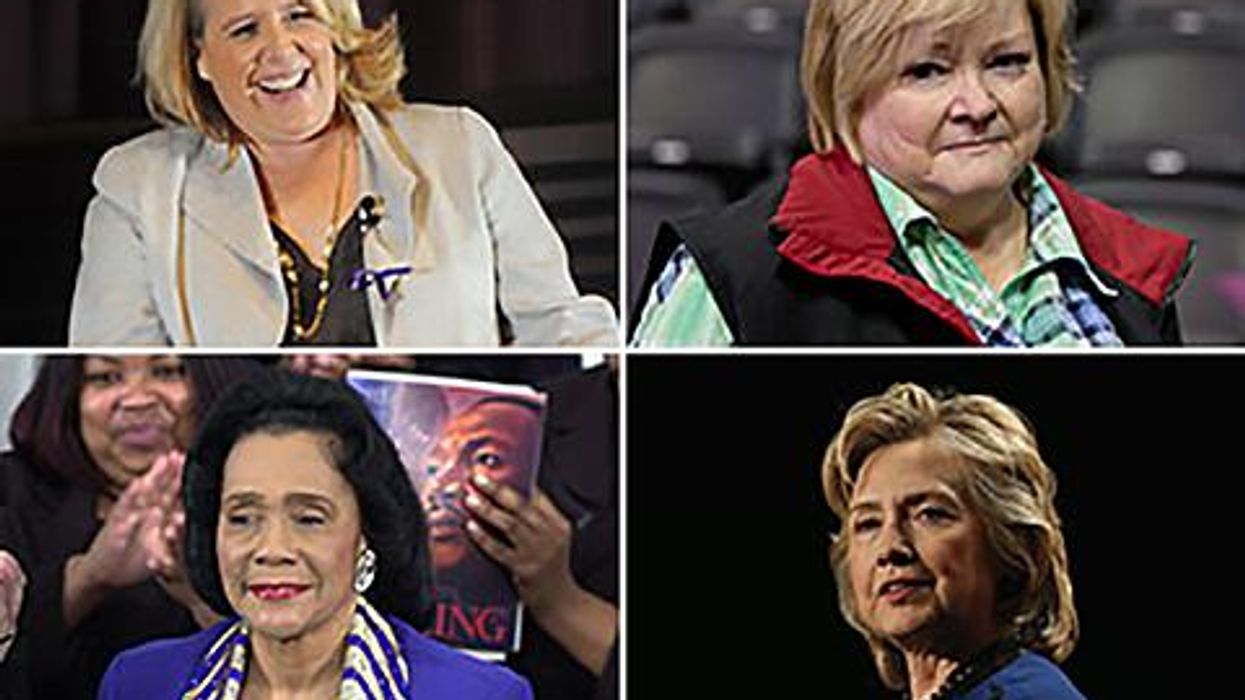

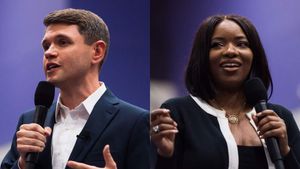









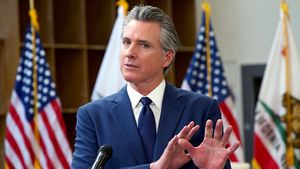



















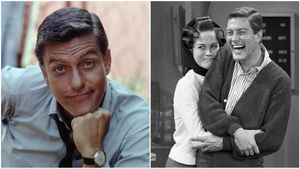


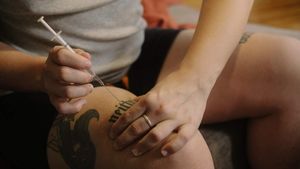






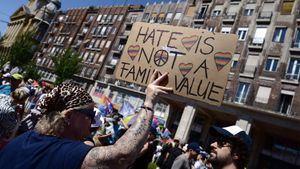
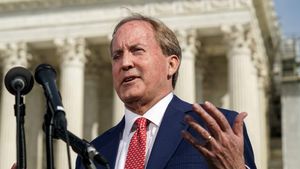


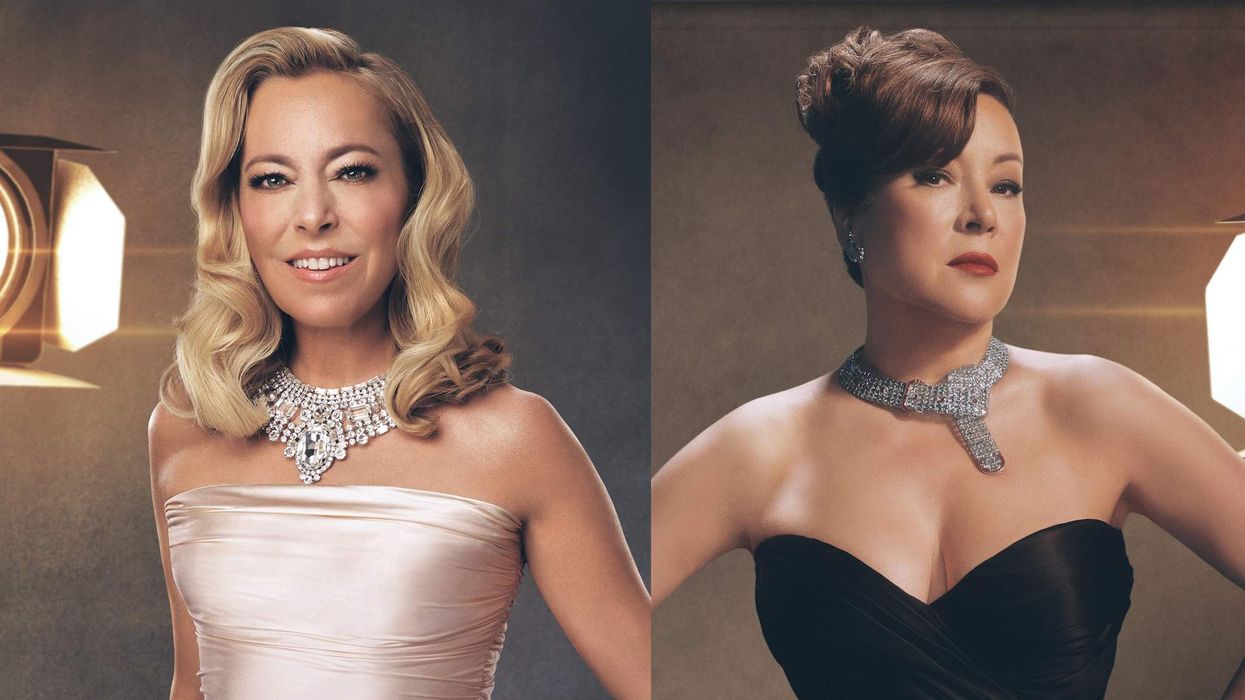
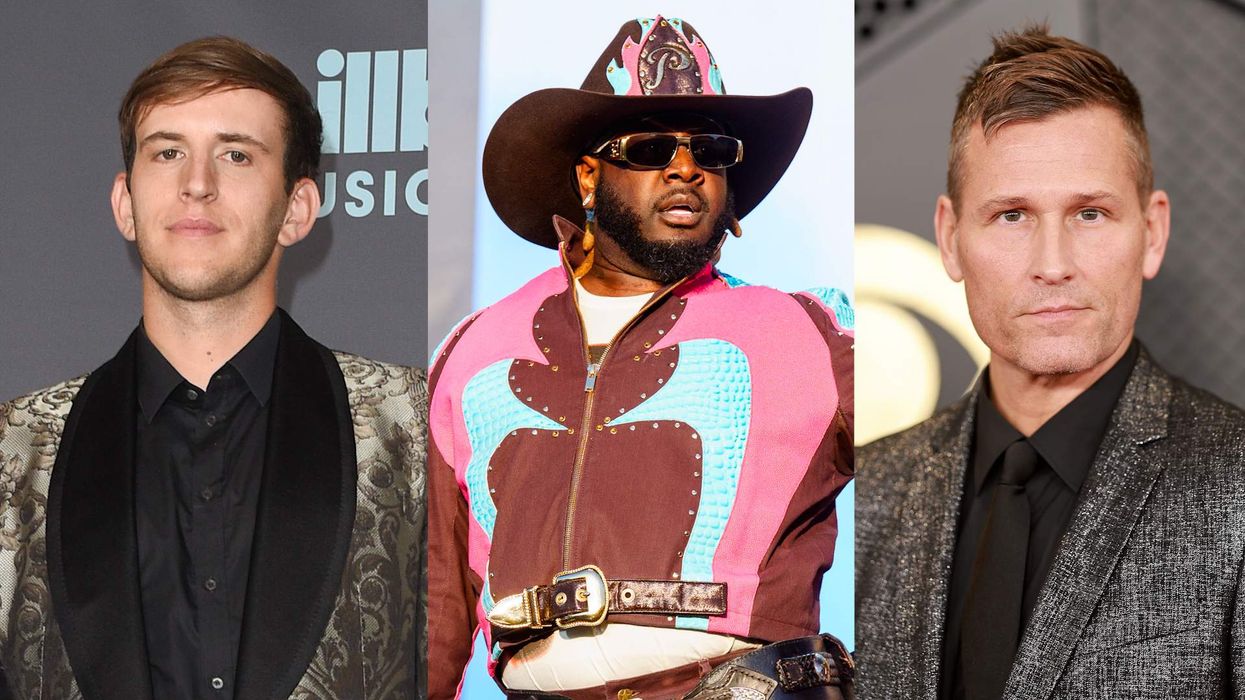

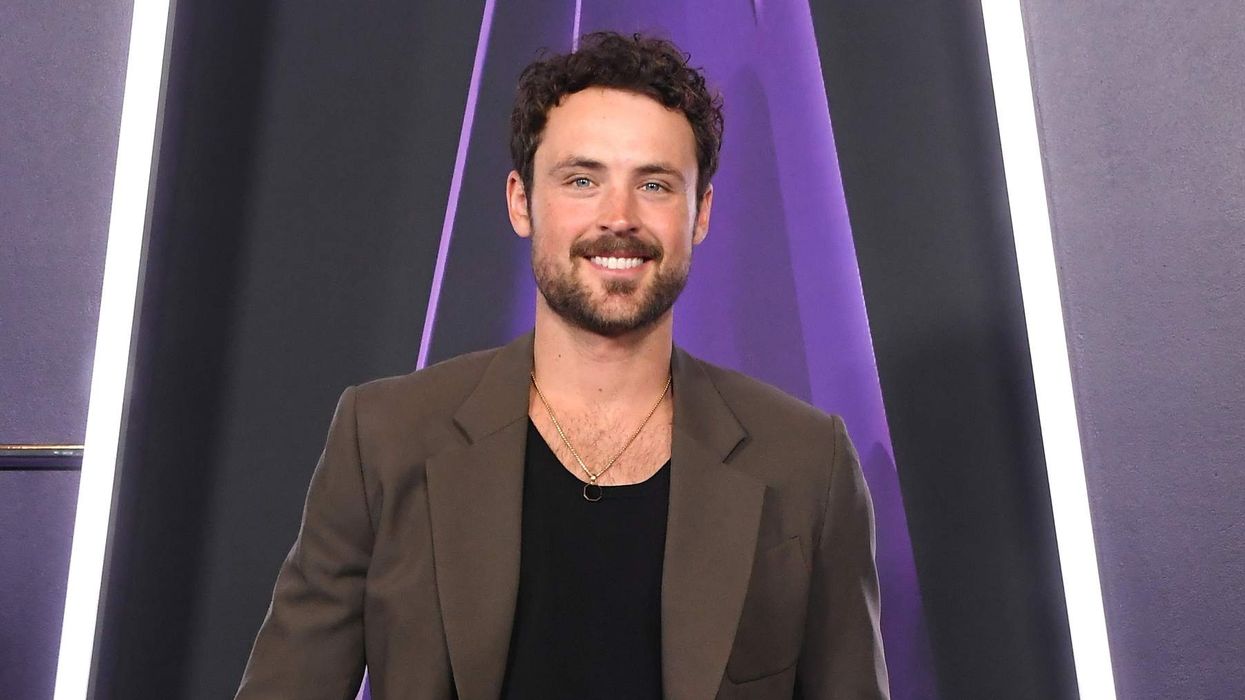
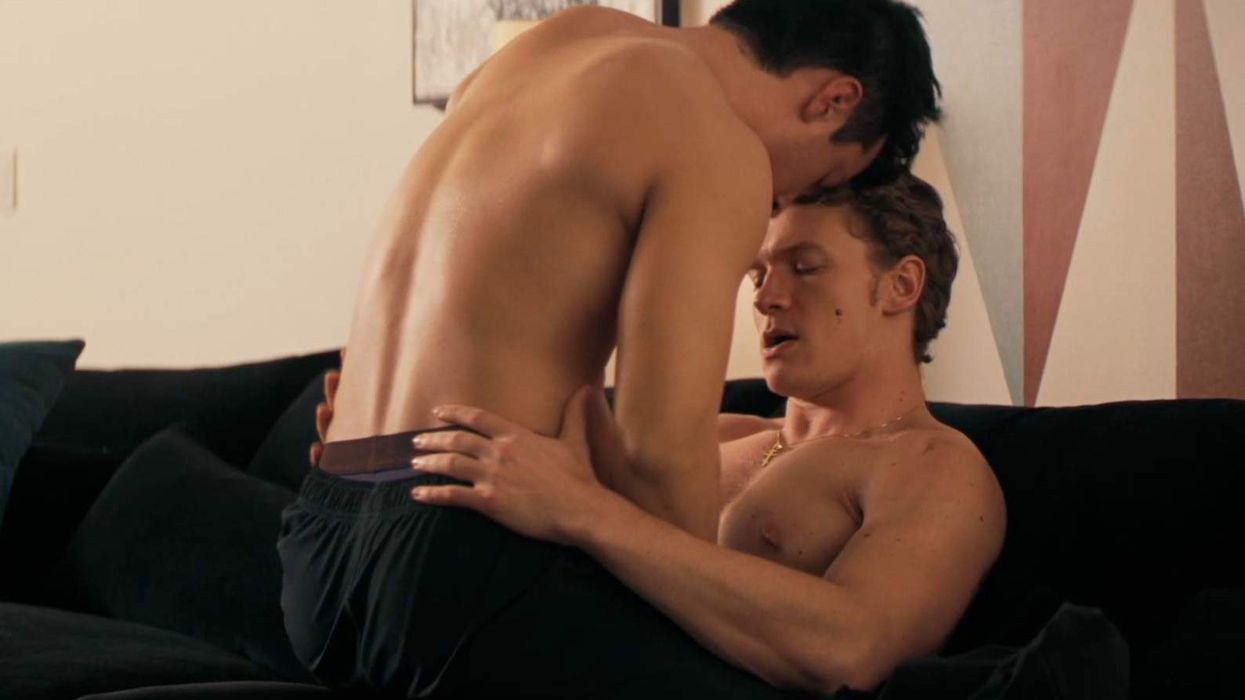
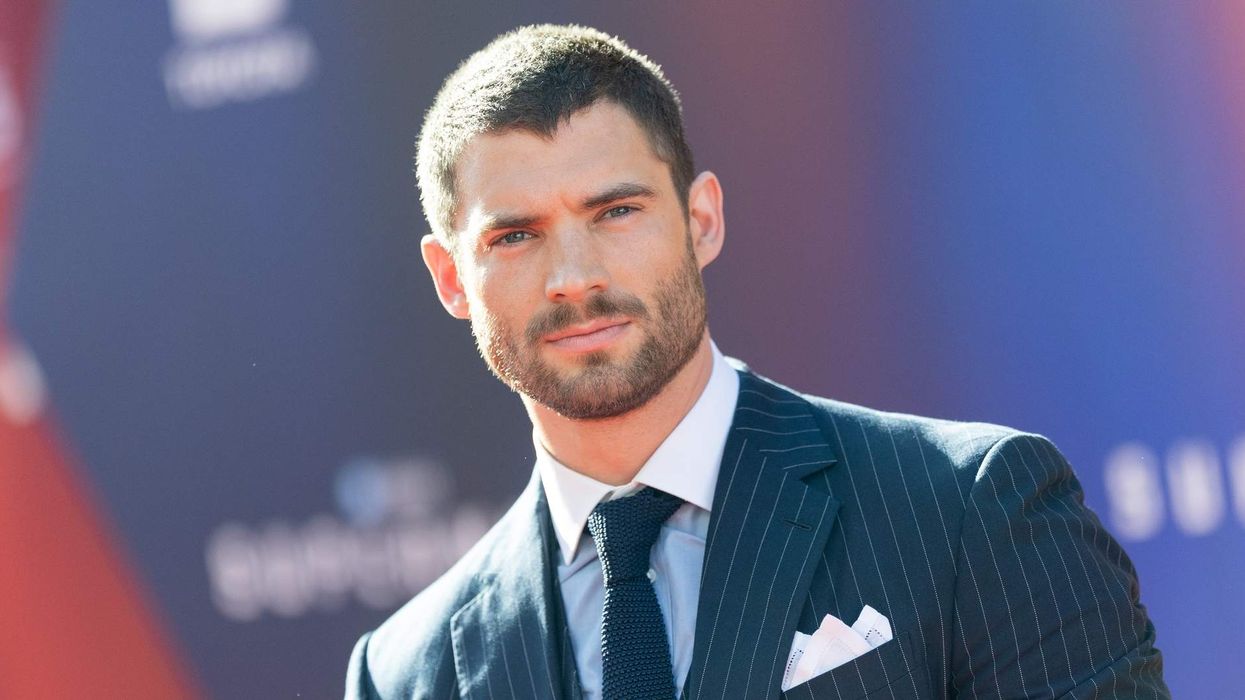
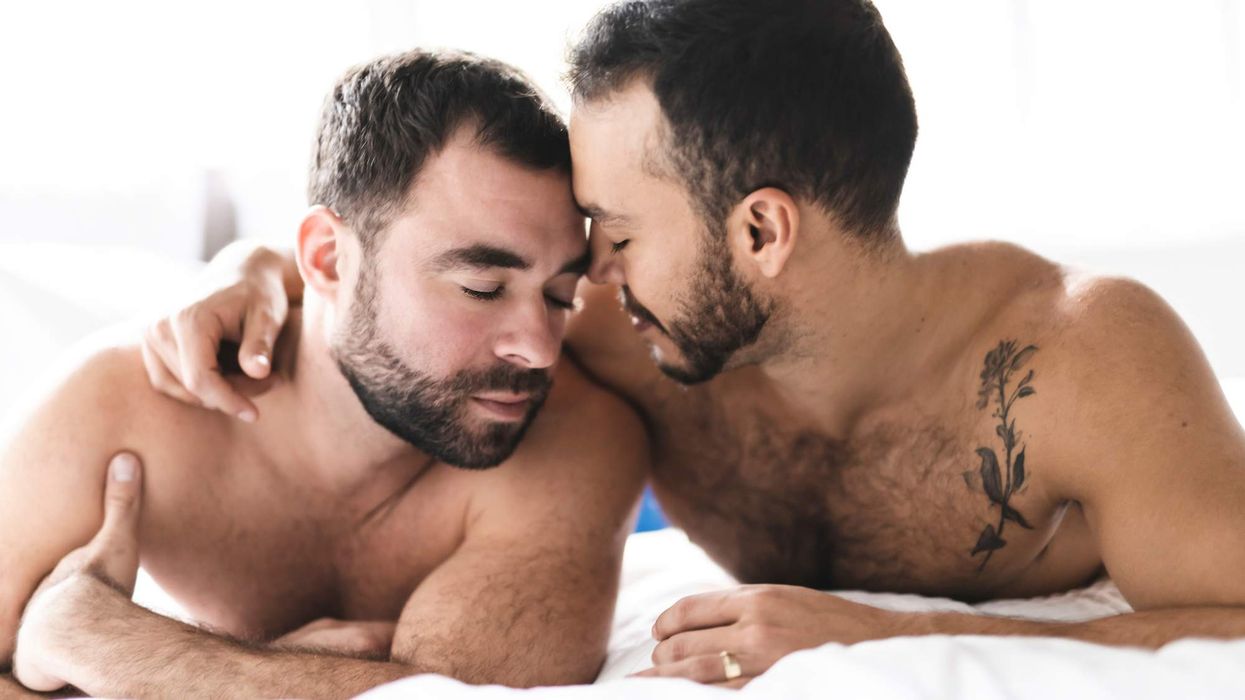


































 Cindy Ord/Getty Images
Cindy Ord/Getty Images























